We are thrilled to announce our first class of Zinn Education Project Prentiss Charney Fellows for the 2022–2023 school year. The fellowship offers support for a cohort of people’s history educator leaders to study, learn, and organize together for one year.
Purpose
Once again, educators are at the center of battles over what narrative children will learn about U.S. history and what future they will create. We face so-called anti-CRT laws restricting what educators can say about white supremacy, book bans, and efforts to conscript school personnel into anti-LGBTQ+ persecution. The stakes could not be higher.
The right wing is using its immense funding and the complicity of the mainstream press to fan the fires of racism and repression. To fight back, we need to support educators who, in addition to teaching, will organize, write, create, and build — like the 18 passionate and committed education activists who make up the 2022–2023 Prentiss Charney Fellows.
Meet the Fellows
Below are the educators selected for this inaugural year of the fellowship.
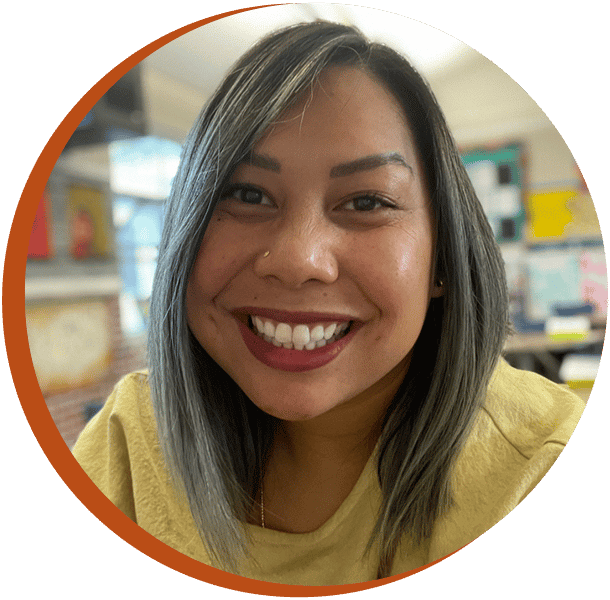
Destiny Andrews
Vallejo, California
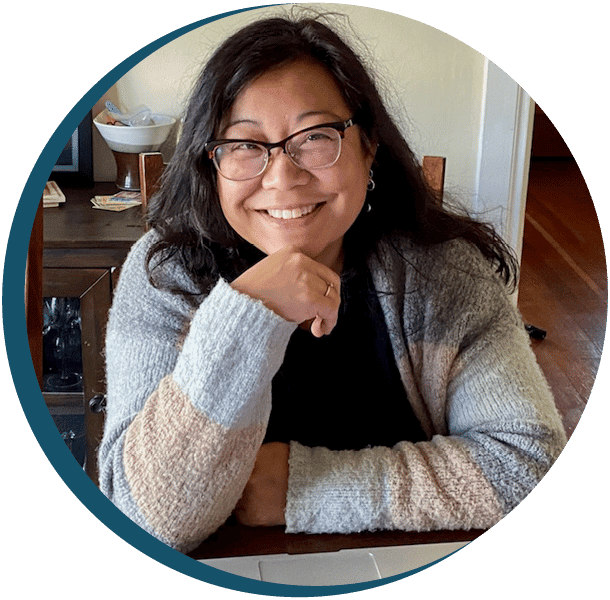
Heather Barcan
Portland, Oregon
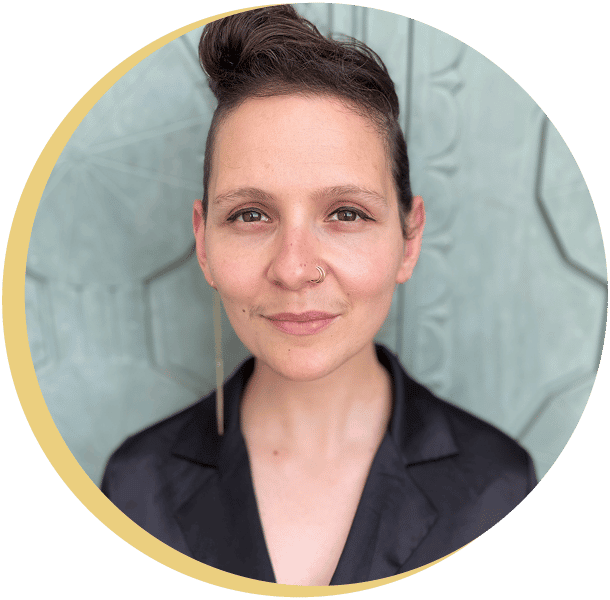
Nataliya Braginsky
New Haven, Connecticut
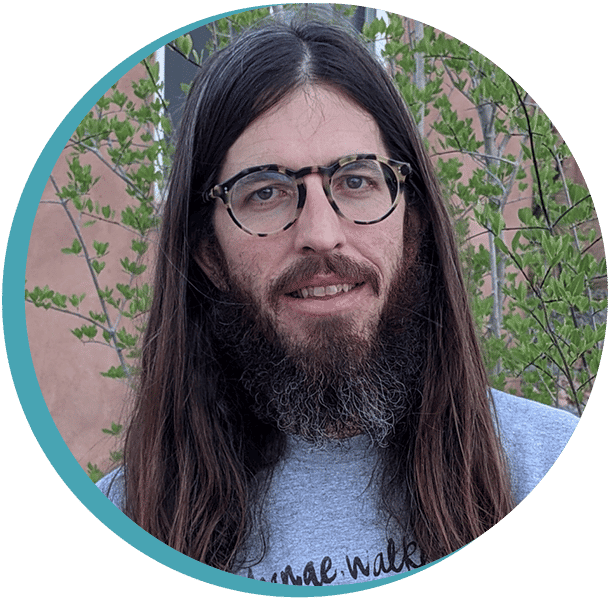
Nick DePascal
Albuquerque, New Mexico
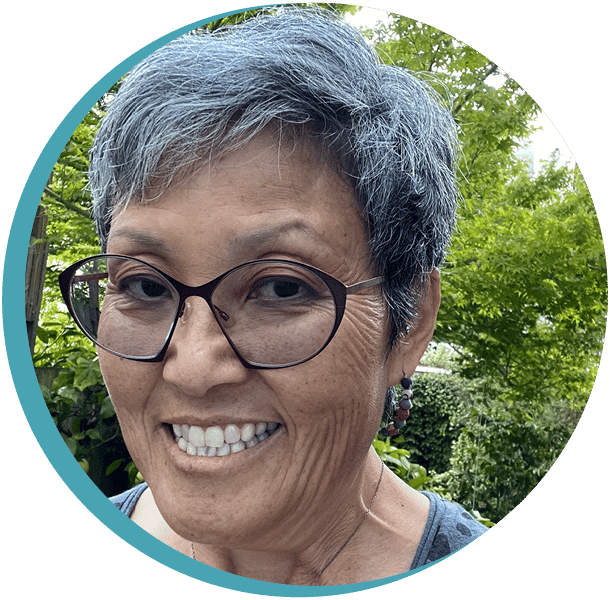
Esther Honda
San Francisco, California
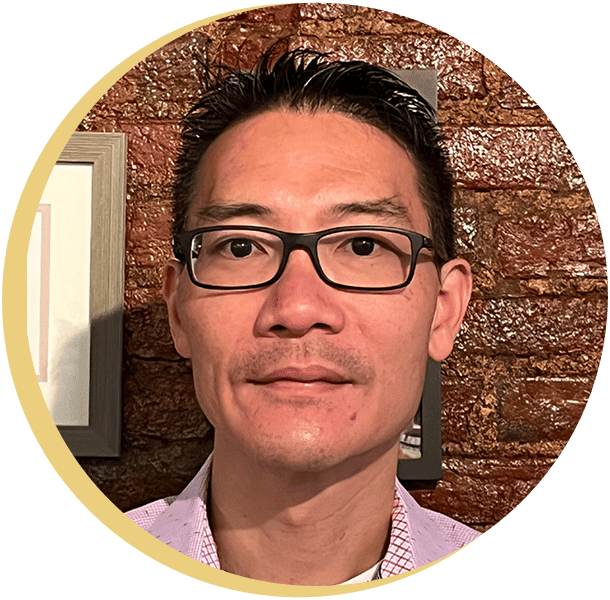
Ken Hung
Philadelphia, Pennsylvania
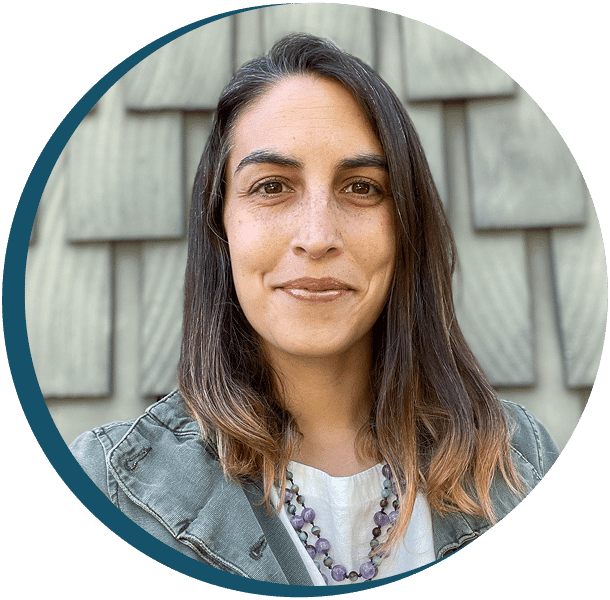
Rabiya Kassam-Clay
Los Angeles, California
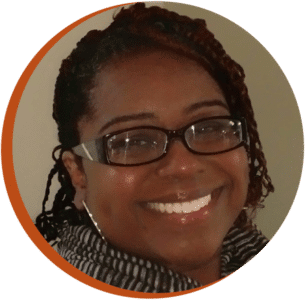
Monique McKenney
Philadelphia, Pennsylvania
HS U.S. History Teacher; Black and Brown Action Initiative
Co-sponsor
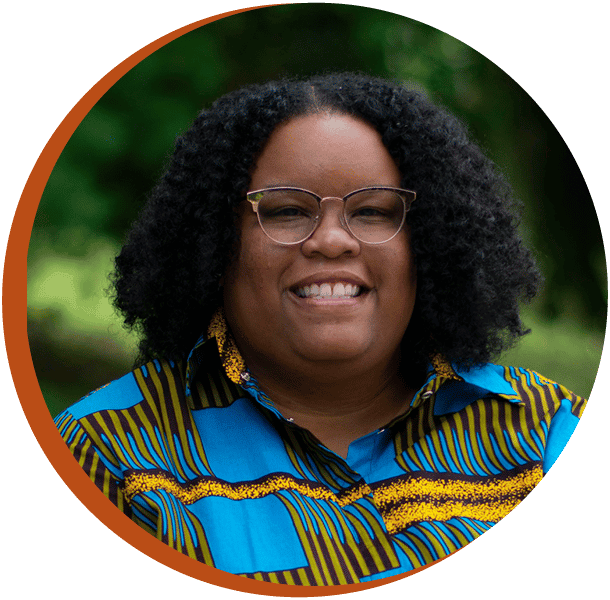
Tiffany Mitchell Patterson
Washington, D.C.
School District Social Studies Manager; DC Area Educators for Social Justice Scholar/Activist
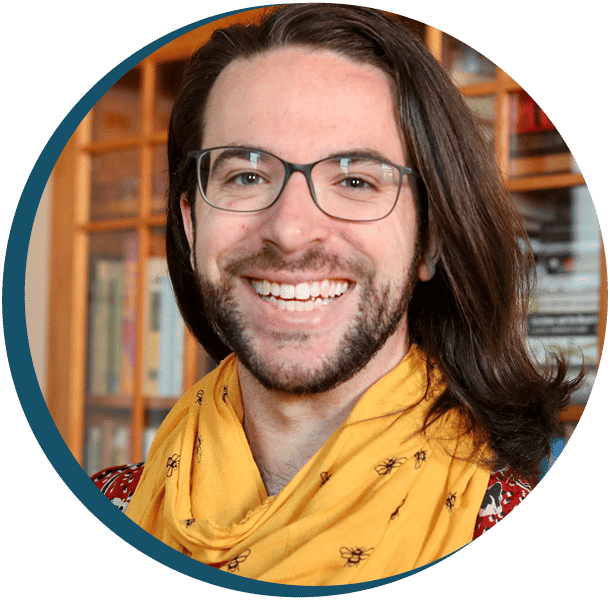
Nick Palazzolo
Philadelphia, Pennsylvania
HS Social Studies Teacher; BARWE Leadership Team
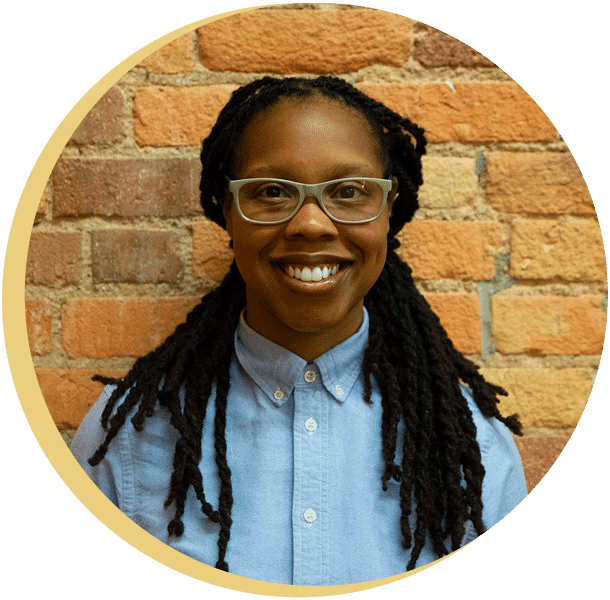
Jessica A. Rucker
Washington, DC
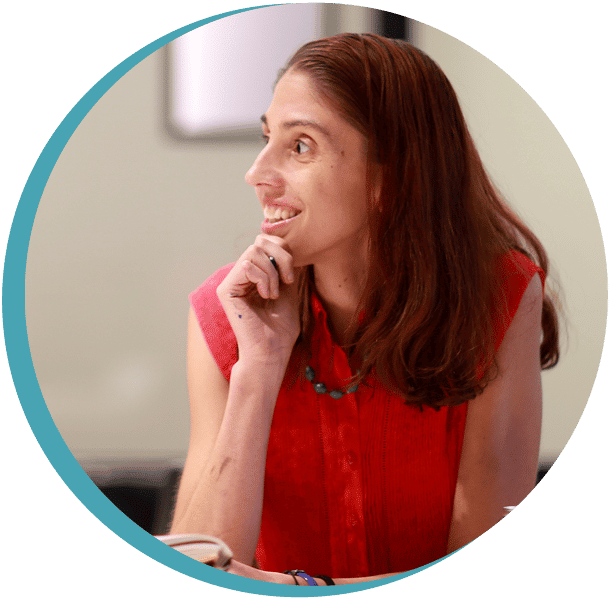
Sally Stanhope
Brookhaven, Georgia
HS Social Studies Teacher; Stone Mountain Action Coalition Member
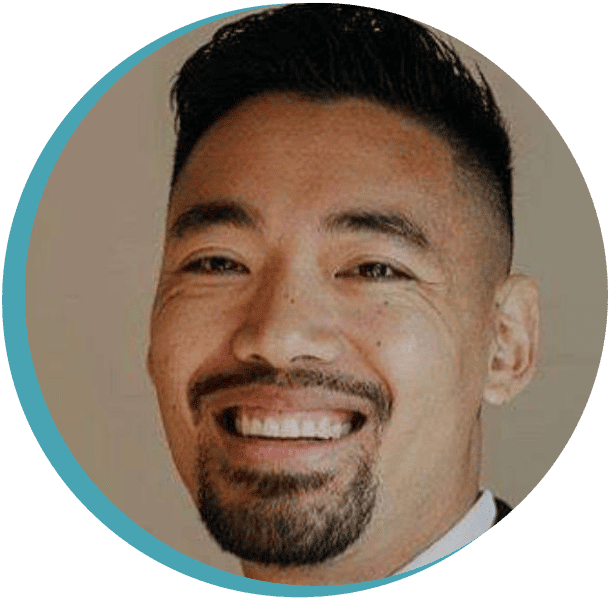
Gabriel Tanglao
Trenton, New Jersey
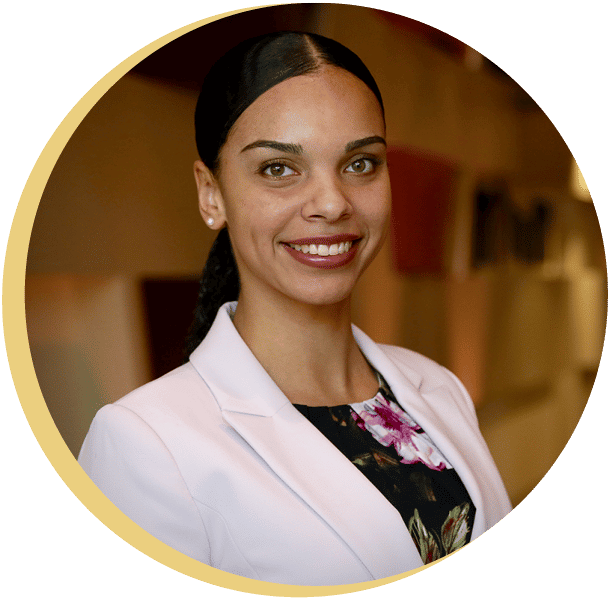
Ayva Thomas
Bothell, Washington
Racial and Educational Justice Director for School District
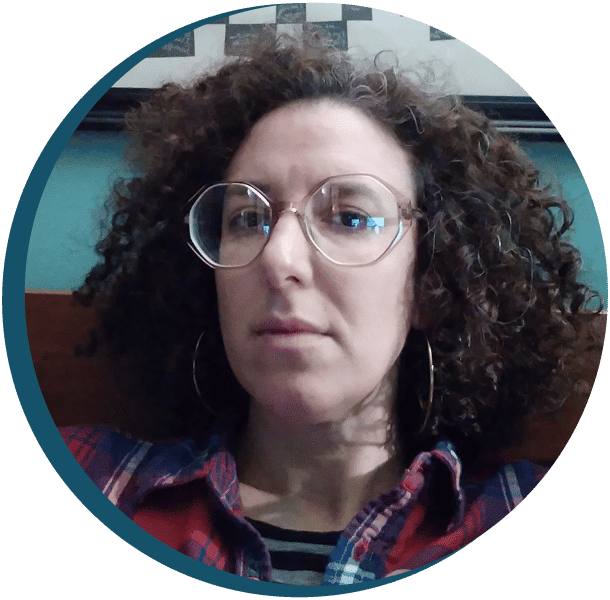
Rachel Toliver
Philadelphia, Pennsylvania
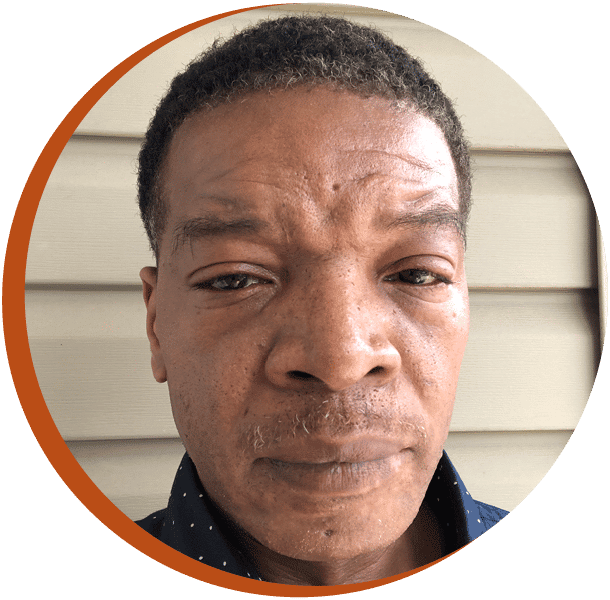
T.J. Whitaker
Maplewood, New Jersey

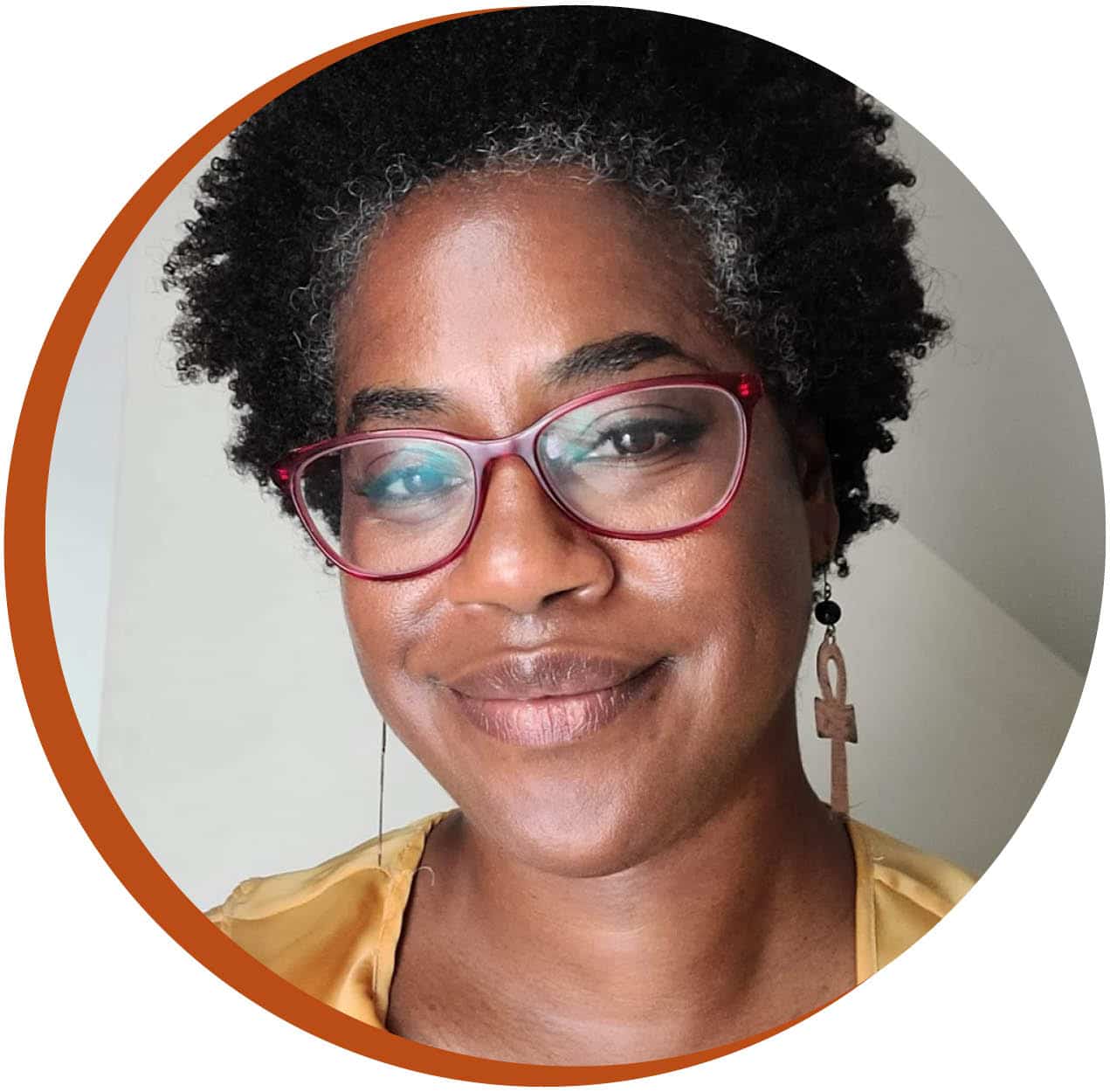
Elizabeth Williams Wesley
Philadelphia, Pennsylvania
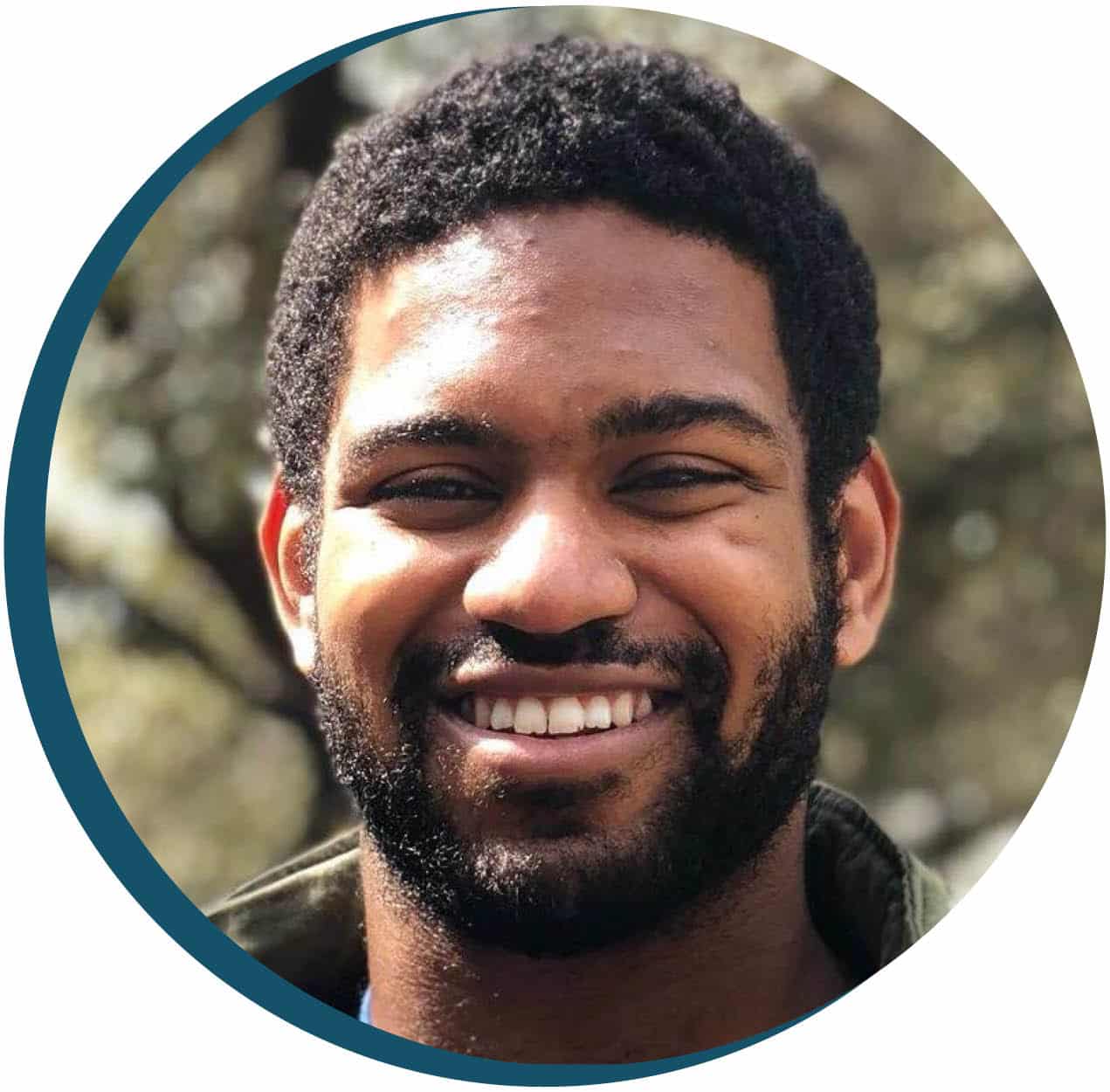
Zachary Wilson
Washington, DC

Goals
Fellows will meet throughout the year as a cohort. They will engage in one or more of five ways:
Organizing. Organizing against anti-history bills, for school district climate justice resolutions, and for changes in district or state standards and testing.
Policy. Examining how education policy affects schools/classrooms, including gathering stories about the impact of and resistance to policies like privatization, testing, funding inequity, teacher credentialing/preparation, etc.
Professional development. Developing and offering workshops on Reconstruction, racial justice, climate justice, and other key areas that support the Zinn Education Project mission.
Writing curriculum. Adding new teaching resources and perspectives to the collection at the Zinn Education Project website so that we can eventually offer a full alternative to textbooks and packaged materials from groups like the Koch-funded Bill of Rights Institute.
Sharing stories. Writing about the work of being an educator and/or activist for multiple audiences, including op-eds, education blogs, the Zinn Education Project website, and Rethinking Schools magazine.
Fellowship Name
The fellowship is named Prentiss Charney for two education activists who embody the spirit of this endeavor. C. J. Prentiss and Michael Charney are committed to radical education for young people and recognize that creating the conditions for that learning requires creative, grassroots organizing. Through their decades of work in Ohio, and ongoing statewide and national work today, they model the tenacity and strategic brilliance required to succeed against the well-funded right-wing institutions.
A Glimpse of What’s Ahead
We look forward to sharing the work of the Fellows as it unfolds in the coming year. In the meantime, here is a taste of some of what they told us they hope to do with the fellowship.
- I am excited to work on bringing a Zero Indifference discipline policy into our school district. If we can shift the way that teachers and students engage with each other so that we focus on building community and repairing harm rather than suspending or issuing detention, then we will have taken important steps towards building a school that is more equitable and just.
- The national story of schools these days is so deficit-based (“learning loss,” chronic absenteeism, upticks in violence, etc.) and while the failing schools narrative isn’t new, there is an intensified attention on schools, and so much the narrative is getting wrong and missing. In particular, the powerful uprisings led by high schoolers across the country, which this year have taken on a new level of force. Students are leading the way in resisting the racist, homophobic, and transphobic right-wing attacks on schools — and we adults must follow their leadership and be in the fight alongside them!
- As a poet and an English teacher, writing is at the core of my being in and out of the classroom. Being able to possibly plan and write for a variety of audiences to share my experiences as a teacher, the struggles and successes, would be valuable, hopefully to whoever reads the piece, but also to myself as a reflective tool for my teaching and action.
- I have dreams of making student-created oral histories available in various formats — on the school library shelves and in public websites — with content ranging from student-to-student interviews about their COVID lockdown experiences to short family interviews about gentrification or migration stories.
- In solidarity with students and families across the U.S. who are currently advocating for Asian American Studies courses, we plan to advocate publicly, alongside our students, in the form of op-eds, documentaries, direct action, or public art. In the context of schools and school districts either erasing or othering Asian American students, our course could set a policy blueprint for other municipalities, and we are confident that our students will design innovative solutions to these pressing needs.
- I would love to bridge local Los Angeles efforts on climate literacy with the national work of Zinn Education Project. I am strongly interested in how we can bring outdoor education and rest practices into the arena of public education.
- I want to continue to work with Teach4Truth and Atlanta Coalition for Educational Equity to develop ways to subvert the effects of the “Protect Students First Act,” HB 1084, the Georgia anti-CRT bill and SB 226, the book banning law.
- From Lapu Lapu, the indigenous Filipino chieftain that defended his tribe and defeated Ferdinand Magellan in the Battle of Mactan; to the skilled Filipino sailors that landed in Morro Bay 33 years before the Pilgrims occupied Plymouth Rock; to the revolutionaries that resisted both Spanish colonial rule and American imperialist control; to the unapologetic ‘Manongs’ who organized Filipino and Mexican farmworkers toward victories improving wages and working conditions . . . My story as an educator-activist and union-organizer honors my ancestors and aims to motivate others along their own journeys of self-discovery and liberation.
- One of the goals of our Freedom School is to move beyond big, “one-off” marches and protests to focus on what happens in between the protests? To that end empowering youth with information from “Know Your Rights,” to “How to File an OPRA” request becomes crucial for any kind of long term success.
The Future
Help us fund the Prentiss Charney Fellows for the next five years. With secure funding, teachers can plan ahead to participate and we can continue to support the alumni as they interact with the media, present at conferences, organize, and offer workshops. Learn more and donate here.
